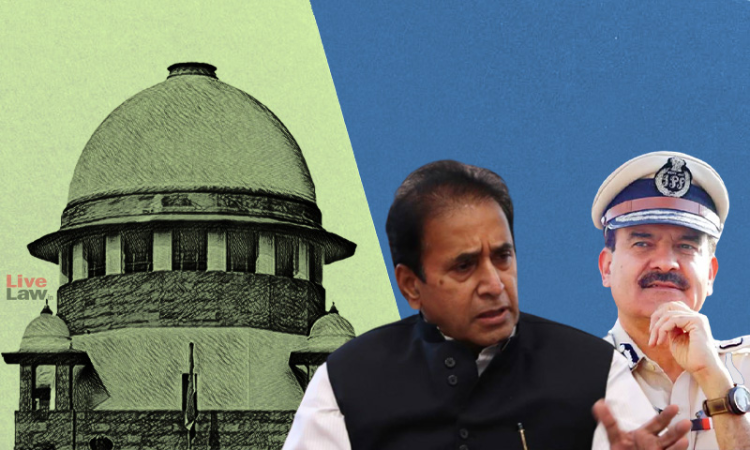Former Maharashtra Home Minister Anil Deshmukh has raised the issue of legality of the appointment of interim director for the CBI in his petition filed in the Supreme Court challenging the Bombay High Court order for preliminary enquiry by the national probe agency into the extortion allegation raised by former Mumbai Police Commissioner Param Bir Singh."Presently, the CBI today is being...

